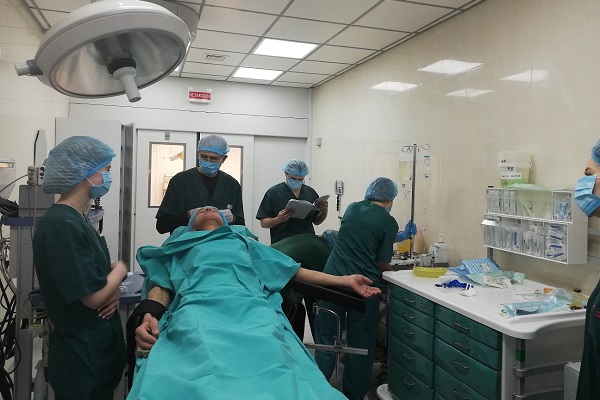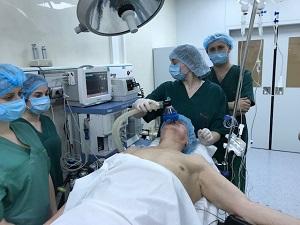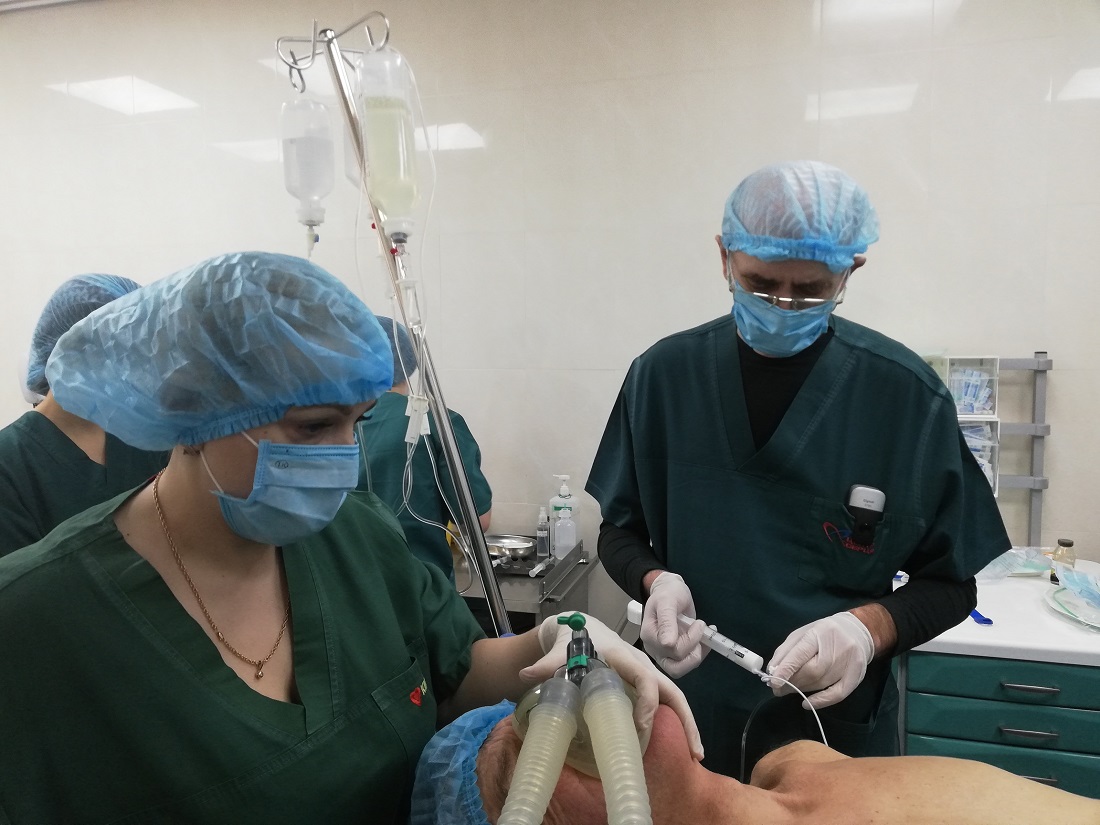Implementation of different methods of practical skils evaluation of anesthesiology and intensive therapy residents
It is difficult to find a more advanced field of medicine, such as anesthesiology and intensive medicine. The constant development of scientific and medical knowledge, the introduction of new diagnostic and therapeutic technologies, close links with other areas of medicine explains anesthesiology much larger.

In addition, high requirements for the professional characteristics of the personality of anesthesiologist should be taken into account. These include: sufficient physical qualities and psychological stability, high level of responsibility, respect for patients, tact and parenting, restraint in emotions, high level of intelligence, erudition, sociability, competence, creativity, initiative, critical attitude towards oneself and others, abilities to work with diagnostic and medical equipment, including - in extreme conditions.
According to a statistical study published in the journal GMS Journal for Medical Education (2016), 64.7% of young medical professionals in Germany "... do not feel adequately prepared from the practical point of view to the requirements of the medical profession."
In order to overcome such a gap between the skills that residents acquire during internship training and the actual requirements for practical healthcare for specialists, the practical exam was introduced during at the Department of Anesthesiology and Intensive Care and not just an assessment of skills acquired, but also real work with the patient in different clinical situations.

Skills of young doctors are evaluated directly during work with the patient, which allows to objectively state the level of practical training of residents.
As the first results showed, most interns successfully mastered such routine practical skills as endotracheal intubation, catheterization of central and peripheral veins, determination of central venous pressure, etc. The arithmetic mean score of the examination was 4.3 points (with a five-point system).
Professor Oleh Loskutov stated: "The overall impression after the exam, that the vast majority of residents feel confident with patients during anesthesia of surgical interventions, in particular in cardiac surgery, abdominal surgery, but only persistent daily work can improve the level of professional preparedness of the anesthetist".

The vast majority of residents noted that considerable help in acquiring practical skills was obtained at the Center for simulation teaching methods of NMAPE named after PL Shupyk, master classes and workshops at the Department of Anesthesiology and Intensive Care, participation in the Simulation Olympiad during the Youth Anesthesiology Conference.



